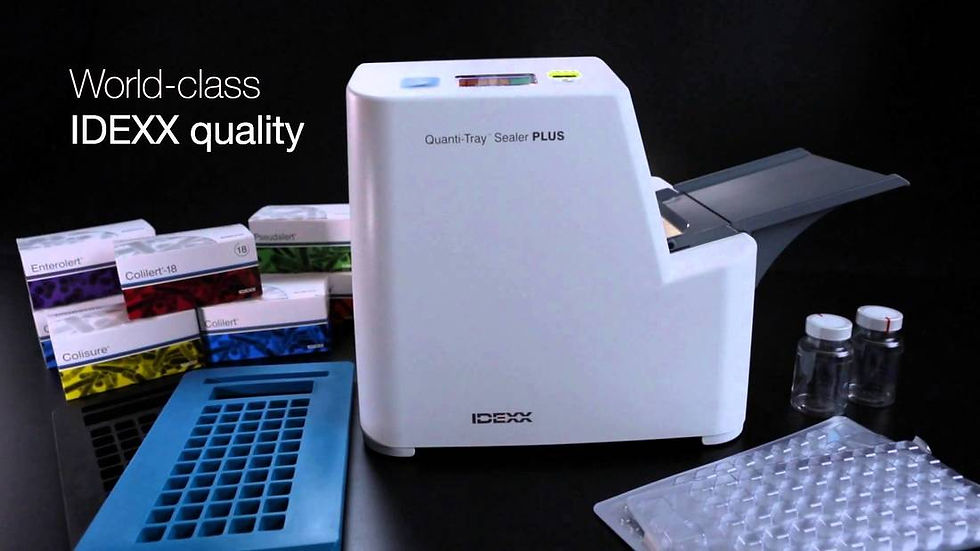GMP Consulting and MHRA
- elly
- Aug 21, 2019
- 2 min read

Good Manufacturing Practices or GMP covers the various processes, products, and production techniques involved in the manufacture and distribution of drug supplies. The pharmaceutical industry is highly controlled by GMP and the regulatory body entrusted with upholding Good Manufacturing Practices.
In the United Kingdom, the Medicines and Health Products Supervisory Agency (MHRA) is the government body responsible for ensuring that medicines and medical equipment are safe for patients and that any risks that might be reduced by further problems are prevented.
There are five inspectorate bodies in the MHRA that visit pharmaceutical companies to assess whether their practices and finished products comply with GMP standards. These five inspectorates are;
o Good Clinical Practice Inspectorate - which assesses company compliance with internationally recognized ethical and scientific quality requirements that must be considered for designing, conducting, recording and reporting clinical trials that involve the participation of human subjects.
o Inspectorate of Good Distribution Practices (GDP) - Each product has product idexx indonesia specifications and this outlines how the drug or device must be stored, transported and handled to maintain its quality, this Inspectorate ensures this.
o Inspectorate of Good Laboratory Practices (GLP) - GLP is a framework for scientists to work in it when planning, implementing, monitoring, recording, and archiving laboratory studies and their results. This is so that we can understand the risks posed to humans and third parties including the environment.
o Inspectorate of Good Manufacturing Practices (GMP) - GMP focuses on the manufacture and control of medicines and equipment to ensure that quality standards consistent with the intended use of the product are maintained. Quality control and production methods are both inspected by the MHRA department.
o Inspectorate of Good Pharmacovigilance Practices (GPP) - Drug manufacturers are required by law to monitor any side effects that their products have and the risks they may cause to patients. Pharmacovigilance takes evidence from health care providers and patients and then assesses this information to see if there are new dangers that can be found in medicinal products with the aim of reducing risk to patients.
Pharmaceutical companies must have a thorough understanding of GMP regulations to ensure that their practices do not violate the guidelines. To get this knowledge, companies will often use GMP consultations offered by independent agents, so that every aspect of their work is in line with GMP regulations.



Comments